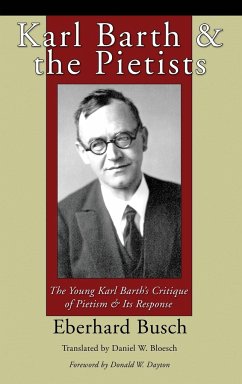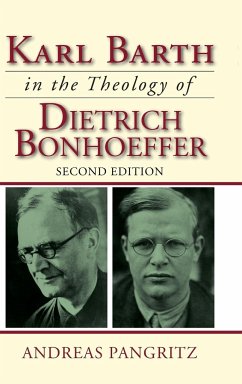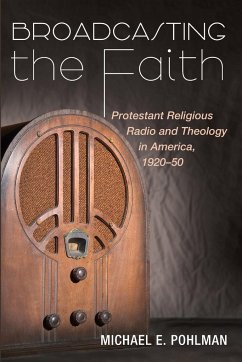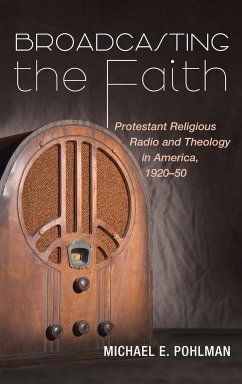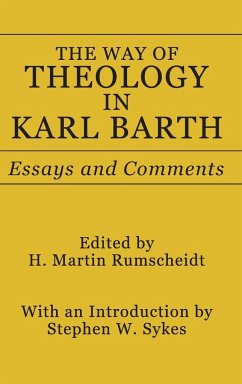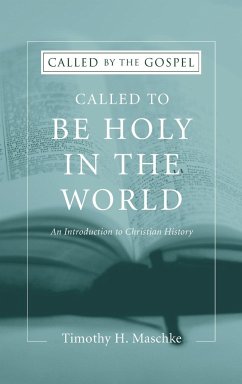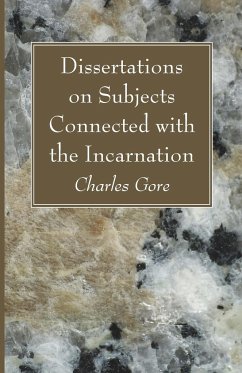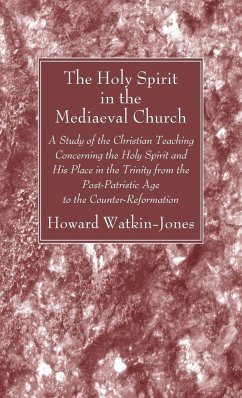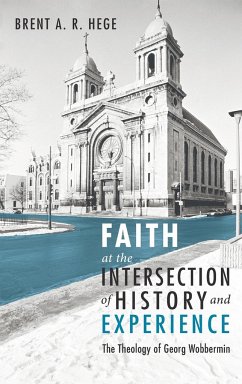
Faith at the Intersection of History and Experience

PAYBACK Punkte
19 °P sammeln!
This present study is the first in English of the theology of the German Lutheran theologian Georg Wobbermin (1869-1943), who has been called a ""captain of the liberal rearguard."" Widely read and discussed in his own lifetime, Wobbermin's theology fell into obscurity as dialectical theology rose to prominence in the years following the First World War. Faith at the Intersection of History and Experience presents the major themes of Wobbermin's theology, particularly his analysis of the relationship between faith and history and his development of a religio-psychological theological method th...
This present study is the first in English of the theology of the German Lutheran theologian Georg Wobbermin (1869-1943), who has been called a ""captain of the liberal rearguard."" Widely read and discussed in his own lifetime, Wobbermin's theology fell into obscurity as dialectical theology rose to prominence in the years following the First World War. Faith at the Intersection of History and Experience presents the major themes of Wobbermin's theology, particularly his analysis of the relationship between faith and history and his development of a religio-psychological theological method that places faith at the intersection of history and experience. Wobbermin's critiques of recent and contemporary approaches to the problem of faith and history and his attention to theological method reveal a sustained effort to continue what he called the ""Luther-Kant-Schleiermacher line"" of Protestant theology. The consistent emphasis in Wobbermin's theology is on the systematic interrelation of objectivity and subjectivity, an approach he considered to be a faithful continuation of the Reformation, but one that invited conflict with the dialectical theologians, chiefly Karl Barth. Wobbermin's debates with Barth on issues of method reveal a vibrant and sophisticated liberal theology co-existing with the dialectical theology that is conventionally assumed to have eclipsed it over a decade earlier. Building on work that has been done primarily in German, this study of one of the ""forgotten theologians"" of the early twentieth century appears as more German, British, and American theologians and historians are returning to this period of theology with renewed interest and fresh questions, and it addresses an often neglected period of modern Protestant thought in histories currently available in English.







